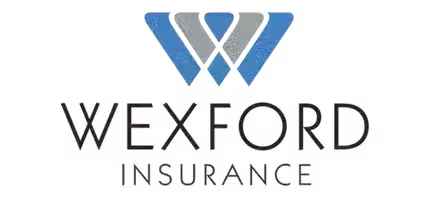What Licenses Are Required to Operate a Charter Bus?
- Sep 19, 2025
- 2 min read
Operating a charter bus company in the United States involves more than just owning a bus—it requires navigating a complex web of federal, state, and local regulations. From commercial driver’s licenses to DOT registration, understanding what’s required is essential for staying compliant and protecting your business.

Federal Licensing Requirements
Charter bus companies that operate across state lines must comply with Federal Motor Carrier Safety Administration (FMCSA) regulations. This includes:
Complying with hours-of-service rules
Registering for a USDOT number
Meeting minimum insurance requirements
Obtaining Operating Authority (MC number)
Conducting regular vehicle inspections and maintenance
These rules ensure passenger safety and help prevent unfair competition between federally funded transit agencies and private operators.
State and Local Licensing Requirements
In addition to federal regulations, charter bus companies must meet state and local licensing requirements. These may include:
Business licenses from your city or county
Special motor permits for vehicles carrying more than 15 passengers
Commercial Driver’s Licenses (CDL) with a passenger endorsement for all drivers
Each state has its own rules, so it’s important to check with your local Department of Motor Vehicles (DMV) or transportation authority. Source3
Starting a Charter Bus Business: What Else You Need
Beyond licensing, starting a charter bus company involves:
Choosing a business structure (LLC, corporation, etc.)
Acquiring or leasing buses that meet safety standards
Hiring qualified drivers and support staff
Implementing booking and dispatch systems
Marketing your services to schools, corporations, and event planners
A well-thought-out business plan and operational strategy are key to long-term success.
Fleet Compliance and Safety Best Practices
Maintaining a compliant and efficient fleet is critical. Best practices include:
Using telematics for GPS tracking and driver behavior monitoring
Scheduling preventive maintenance to avoid breakdowns
Conducting regular safety training for drivers
Tracking fuel usage and route efficiency
Gathering passenger feedback to improve service
These strategies help reduce costs, improve safety, and ensure compliance with DOT regulations.
Insurance for Charter Bus Companies
Charter bus operators must carry specific insurance coverages, including:
Passenger Liability
Commercial Auto Liability
For tailored coverage that meets both federal and state requirements, Wexford Insurance offers comprehensive solutions for charter bus companies nationwide.
Final Thoughts
Launching and operating a charter bus company involves more than just acquiring vehicles—it requires a deep understanding of licensing, compliance, and safety standards. By staying informed about federal and state regulations, investing in proper fleet management, and securing comprehensive insurance through Wexford Insurance, you can build a reliable and successful transportation business. Contact now!




